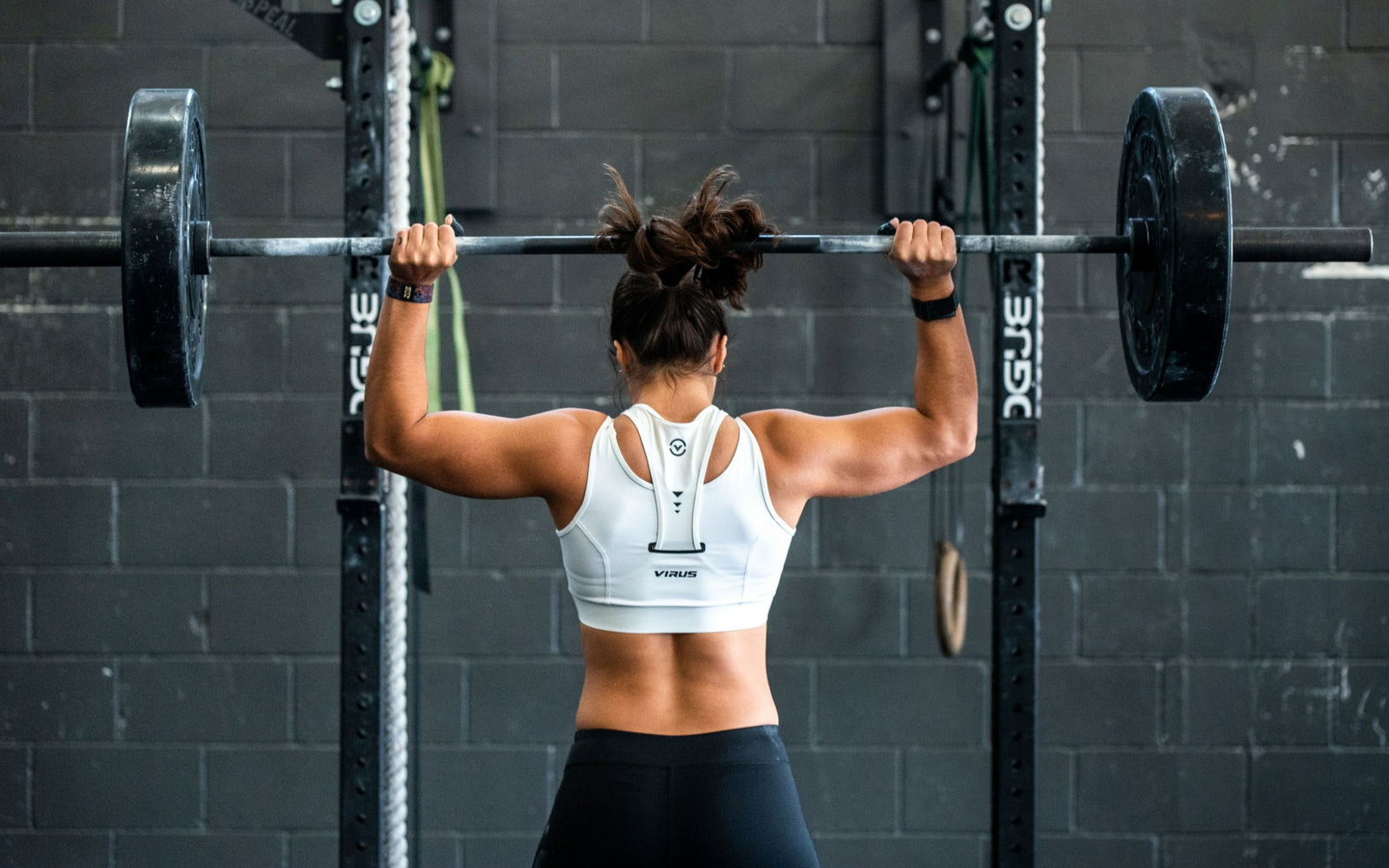Your Cart is Empty

Enhancing Performance: Top Strategies to Improve Sleep in Athletes
3 min read
In the high-stakes world of athletics, every advantage counts. From rigorous training regimens to finely tuned nutrition plans, athletes are constantly seeking ways to optimize their performance. However, one critical aspect that is often overlooked is sleep. Yet, quality sleep is not just essential for overall health; it's also a crucial factor in athletic performance.
Recent studies have shed light on the profound impact of sleep on athletic performance, prompting a surge in research on sleep hygiene in athletes. From managing jet lag to optimizing training schedules, there are numerous strategies that athletes can employ to enhance their sleep quality and, consequently, their performance on the field or court.
Understanding the Importance of Sleep
The first step in improving sleep in athletes is education. Athletes must be regularly reminded of the importance of quality sleep for optimal performance. Dispelling common sleep myths and emphasizing the basics of sleep hygiene can help athletes make positive changes to their sleep habits.
Identifying Sleep Disturbances

Screening athletes for clinically relevant sleep disturbances is crucial for early intervention. Validated questionnaires can help identify athletes who may require further evaluation and treatment from sleep medicine professionals.
Banking Sleep for Peak Performance
Prioritizing sleep before important competitions and travel can pay dividends in performance. Additional sleep not only improves reaction time and sprint performance but also reduces pre-competition anxiety.
Incorporating Strategic Napping
Scheduled naps can provide much-needed physical and cognitive benefits, particularly for athletes recovering from high training loads. Limiting nap duration and timing them strategically can minimize their impact on nighttime sleep.
Reducing Evening Light Exposure
Minimizing exposure to bright and blue light in the evening is essential for preserving melatonin secretion and promoting better sleep quality. Blue light-blocking glasses and adjustments to lighting can be effective in this regard.
Establishing a Pre-Sleep Routine
A relaxing pre-sleep routine can signal to the body that it's time to wind down. Activities such as taking a warm bath, reading, or practicing relaxation techniques can help athletes prepare mentally and physically for sleep.
Optimizing the Sleep Environment

Creating a sleep environment that is conducive to rest is crucial. Dark, cool, and quiet environments promote better sleep quality, allowing athletes to maximize their recovery during the night.
Aligning Training Schedules with Circadian Rhythms
Scheduling training sessions to align with athletes' natural circadian rhythms can improve sleep quality and overall performance. Avoiding early-morning training for evening chronotypes is particularly important in this regard.
Strategies for Managing Jet Lag
Implementing strategies to manage jet lag and travel fatigue is essential for athletes who frequently travel for competitions. Adjusting sleep schedules, light exposure, and meal timing based on travel direction can help athletes adapt more quickly to new time zones.
Strategic Use of Caffeine and Supplements
While caffeine is a popular choice among athletes to enhance performance, its timing and dosage should be carefully considered to avoid negative effects on sleep quality. Additionally, supplements such as magnesium and tart cherry juice can be beneficial for improving sleep quality, especially in athletes who may be deficient in these nutrients.
In conclusion, sleep is a powerful yet often overlooked tool in an athlete's arsenal. By implementing these top strategies to improve sleep hygiene, athletes can unlock their full potential and achieve peak performance on the field or court. Prioritizing sleep health is not just about winning competitions; it's about ensuring long-term success and well-being in athletic endeavors.
Subscribe
Sign up to get the latest on sales, new releases and more …
